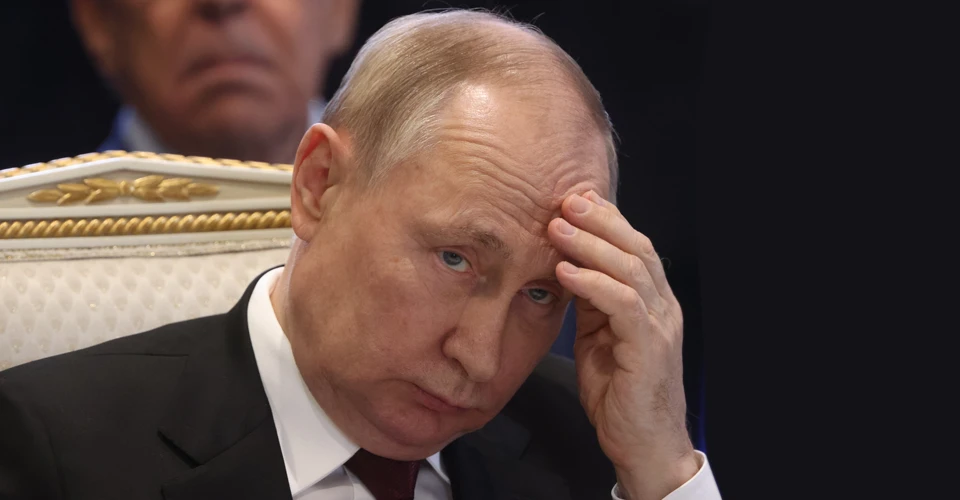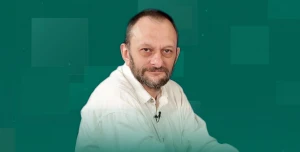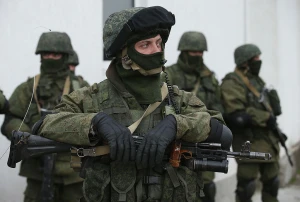
Jewish pogrom in Dagestan challenges Putin's image of religious tolerance in Russia — ISW
Due to the Jewish pogrom in Makhachkala, the Kremlin may find it difficult to reassure voters that the situation is under control and convince Jewish audiences that their minorities are safe, despite efforts to present Russia as a religiously tolerant country
The Institute for the Study of War (ISW) reported the information.
It noted that the spokesman for the spokesperson for Russia’s Chief Rabbinate in Dagestan, Ovadya Isakov, said on October 29 that hundreds of Jewish families in Dagestan should consider leaving both Dagestan and Russia altogether, emphasizing that "Russia is not salvation" as there have been incidents of pogroms there as well.
On October 25, at a meeting with leaders of several Russian religious organizations, including leaders of the Jewish and Islamic faiths, Russian leader Vladimir Putin described his country as a "beacon of religious harmony."
Analysts emphasize that the Kremlin probably aims to present Russia as a country capable of protecting its religious minorities in order to earn the favor of Muslim and Jewish audiences amid the war between Israel and Hamas. Russia is also trying to downplay tensions caused by the increasingly ultranationalist Russian Orthodox Church.
At the same time, the Institute noted that the Kremlin has not yet reacted to the pogrom and seems to have left the explanation of the situation to the regional authorities.
For reference. A pogrom is a violent and often organized attack, persecution, or massacre targeting a particular ethnic, religious, or social group. The term "pogrom" is most commonly associated with anti-Semitic violence in Eastern Europe during the late 19th and early 20th centuries.
-
On Sunday, October 29, several thousand people protested against the plane with Israelis at the airport in Makhachkala, the capital of Dagestan. The protesters were chanting slogans in support of Palestine.
- News













































